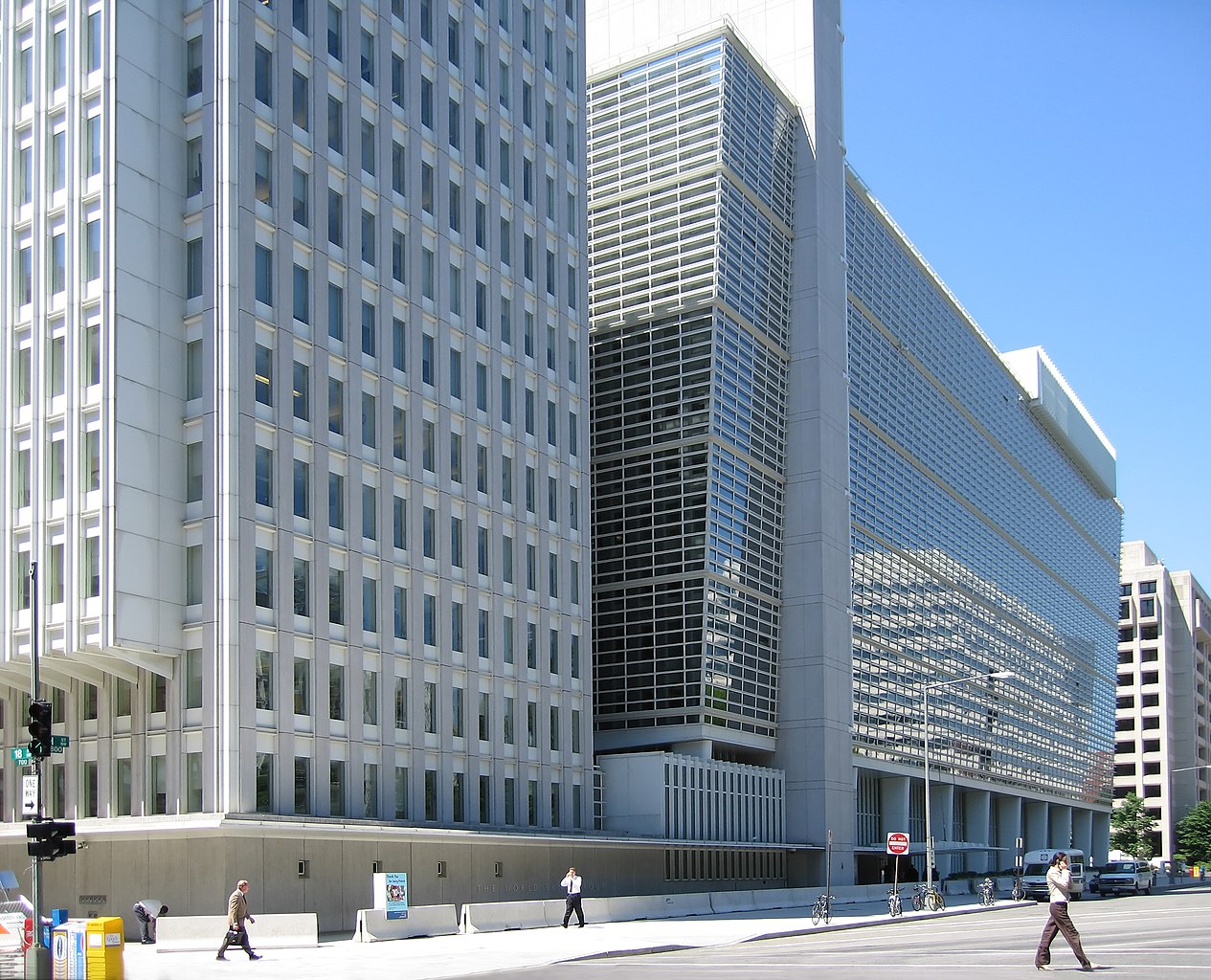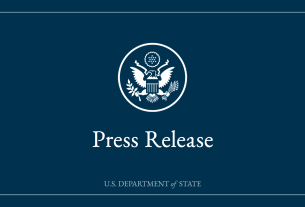June 19, 2025 – The World Bank is urging developing countries and their lenders to adopt “radical” debt transparency to help prevent future financial crises, according to a report released Friday.
The call comes as more low- and middle-income nations turn to complex, off-budget borrowing arrangements in response to global financial volatility, making it harder to track actual debt levels.
“When hidden debt surfaces, financing dries up and terms worsen,” said Axel van Trotsenburg, the Bank’s senior managing director. “Radical debt transparency—timely and reliable information—is essential to break this cycle.”
Key Proposals from the World Bank:
- Legal and regulatory reforms requiring governments to disclose all new loan contracts.
- Detailed, loan-by-loan reporting and regular public debt audits.
- Public disclosure of debt restructuring terms.
- Greater transparency from lenders, including open access to loan and guarantee records.
- Improved tools to detect misreporting and off-balance-sheet liabilities.
While over 75% of low-income countries now report some debt data—up from below 60% in 2020—only about 25% provide detailed loan-level information. This lack of transparency is increasingly risky as countries use opaque instruments such as central bank currency swaps, collateralized loans, and private debt placements.
Examples include:
- Senegal, currently negotiating with the IMF over past debt misreporting.
- Angola, which faced a $200 million margin call after bond price drops.
- Nigeria, where billions in forex reserves were tied up in undisclosed contracts.
The World Bank emphasized that comprehensive, transparent debt reporting is vital for accurately assessing public debt risks and for protecting vulnerable economies from financial shocks.
World Bank building at Washington Picture by Dr Junge



